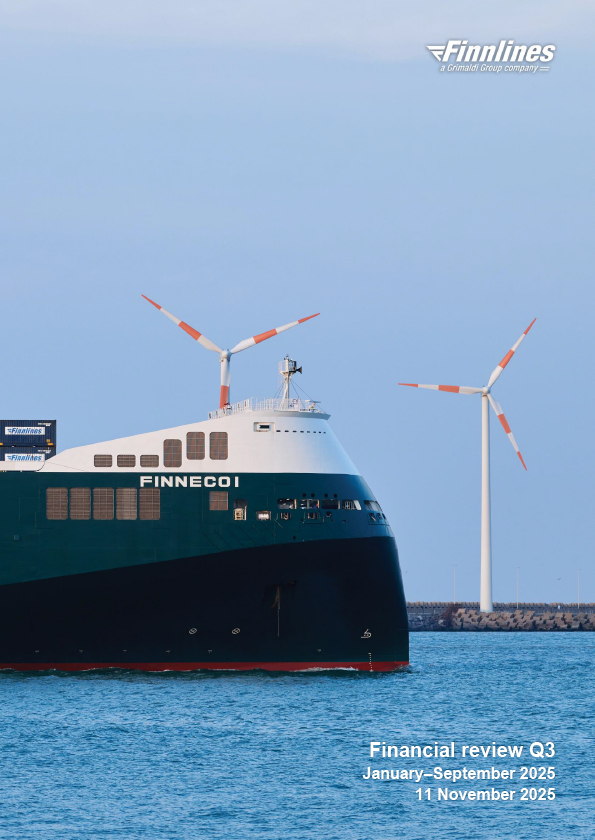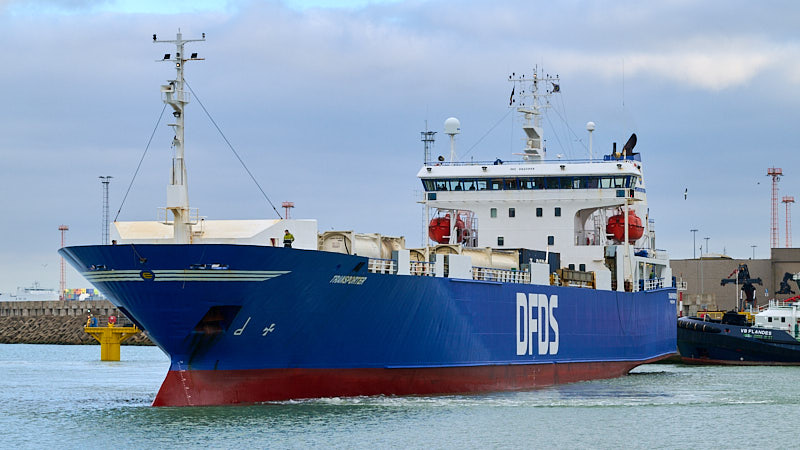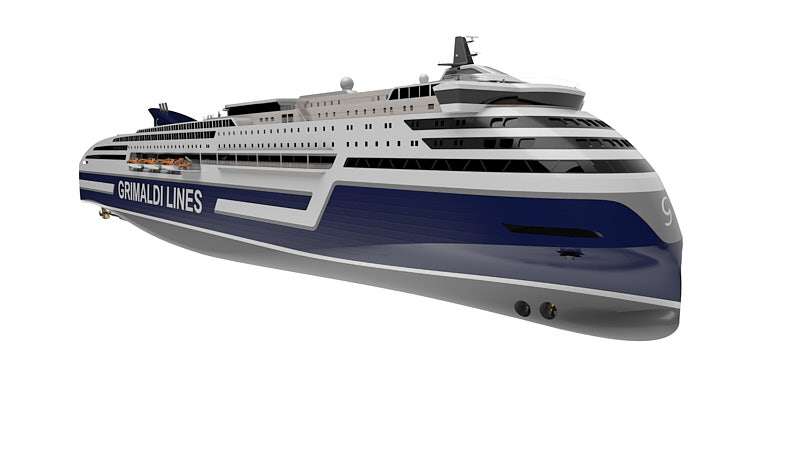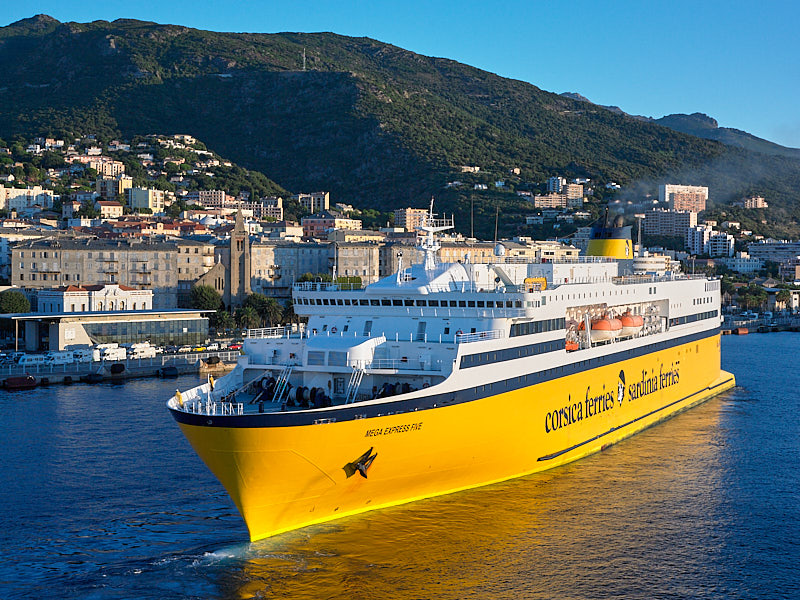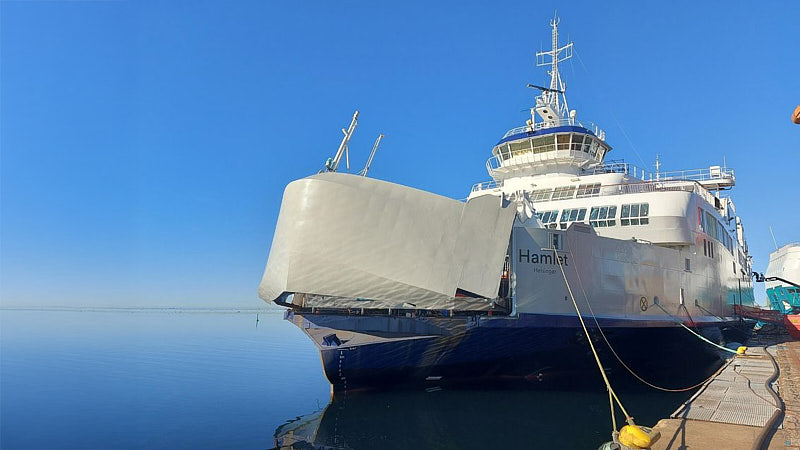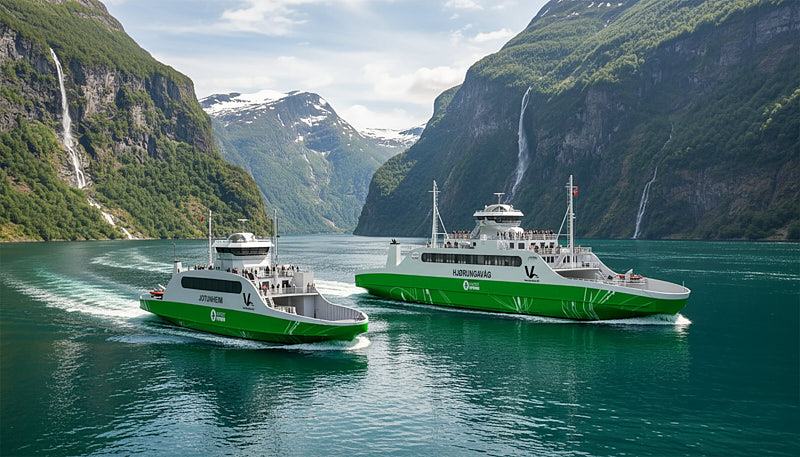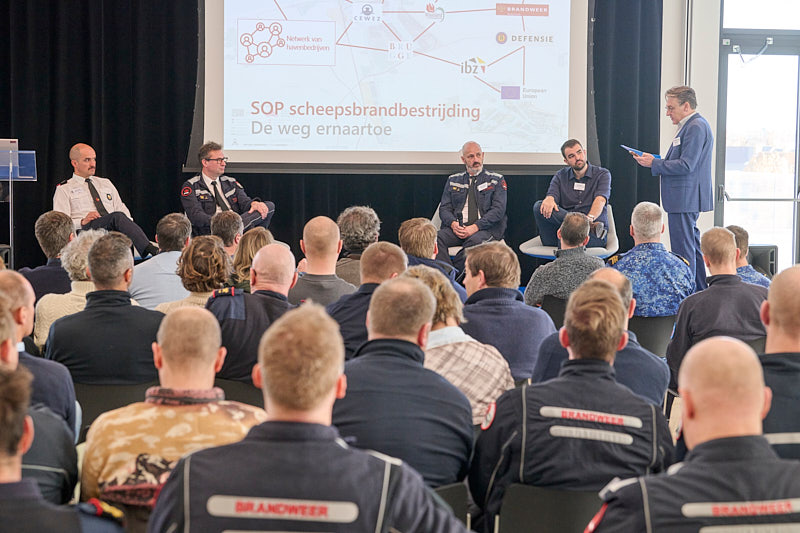Highlights January–September 2025
- Revenue: EUR 547.1m (2024: 547.2m)
- EBIT: EUR 74.5m (72.3m)
- Result for the period: EUR 68.4m (52.1m)
- Interest-bearing debt reduced to EUR 344m (–EUR 43m)
- EBITDA: EUR 141.6m, up 1%
- Passenger revenue: EUR 89.5m, +EUR 7.2m year-on-year
Thomas Doepel, President and CEO:
“The first nine months re-confirm that we are back on track again. Our ro-ro fleet rationalisation and investments in passenger traffic formed the basis of this satisfactory result.”
Cargo volumes totalled 592,000 units, 51,000 cars, and 871,000 tonnes of non-unitised freight, while 831,000 passengers and drivers travelled with Finnlines.
The company continues its long-term commitment to green shipping. In April, Finnlines announced a new investment programme for three methanol-powered RoPax vessels, due to enter service between Finland and Germany in 2028–2029.
Further measures include low-carbon transport solutions, ship electrification, biofuels, and network optimisation.
Finnlines remains focused on strengthening routes between Sweden–Poland, Finland–Poland, and Poland–Belgium/France/UK/Spain, linking to the global Grimaldi Group network.
Financial review click on picture below


